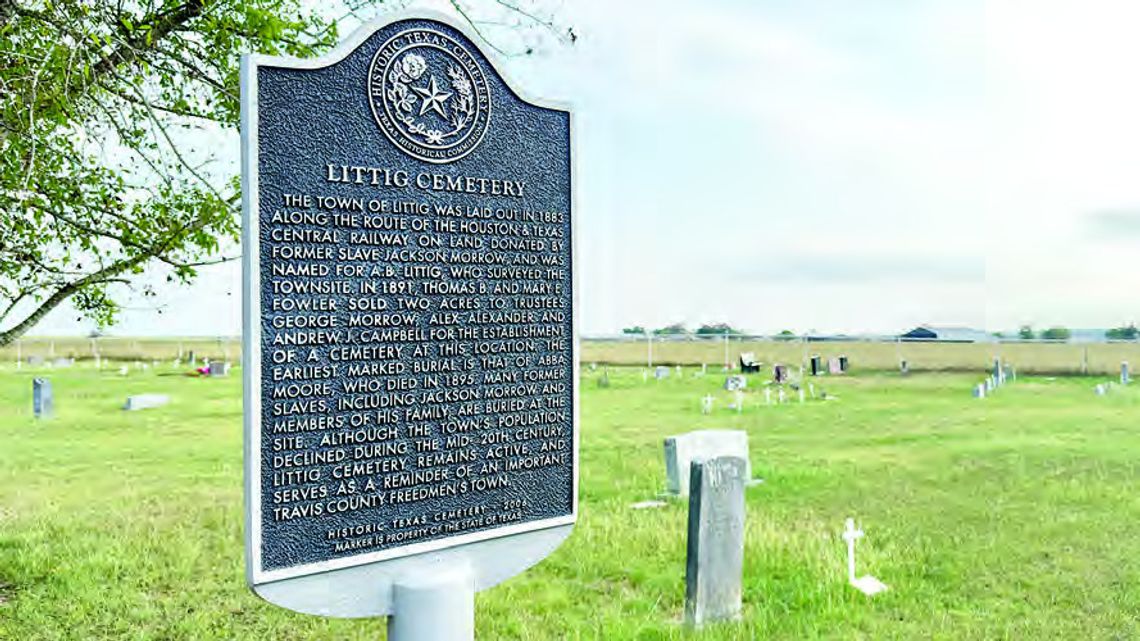Council cites growth needs amid questions on input
Elgin council members voted last week to annex a 38.57-acre tract for a planned wastewater treatment facility, advancing a major expansion project that has drawn strong opposition from residents near the historic Littig community.
The annexation is tied to the city’s next wastewater system buildout — a multiyear, $5.1 million project funded through developer agreements and impact fees. The facility is expected to add between 3 and 6 million gallons per day of capacity to handle rapid westside growth.
Several residents urged the council to reconsider, arguing the site places cultural and environmental burdens on one of Texas’ oldest Black communities.
“There is actually no benefit whatsoever for Littig in this situation,” said Gina Gonzalez, whose family has lived in the area since the 1880s.
Gonzalez called the project “developer-driven, not community- driven” and warned that placing the facility near farmland, ranches and historic homesteads would cause “irreversible” environmental and cultural harm. She added that affected residents outside city limits cannot vote in municipal elections.
“Annexation for this wastewater treatment plan is putting all of us who have histories — hundreds of years we go back — you’re putting us in a position where we have to deal with these types of things,” she said.
Development Services Director Beau Perry said the site has undergone state-mandated environmental and historical reviews, including a Texas Historical Commission assessment and shovel testing, with “no effect findings above ground” reported for the property.
The council also discussed the possibility of pausing the project or selling the land altogether — an option that staff described as legally and financially complex.
“You would have to sell that property essentially, first, in order to afford to buy additional property,” Perry said. “You’ve already collected all of the funds. You would have to reimburse all of those funds until you find a different property.”
While several council members questioned whether residents of the area had been adequately included in the process, the council ultimately approved the annexation on a 6-1 vote.
Members said annexation would allow the city, which already owns the property, to retain control over the land rather than leave it to Travis County.
“I think my issue is that we’re about to take some territory next to people who don’t have a voice in any of this because they can’t vote and potentially put them at risk if something should happen,” Councilwoman Tiffany St. Pierre said.
Following the vote, council members directed staff to explore additional outreach to surrounding residents before future action on the project.
.png)







